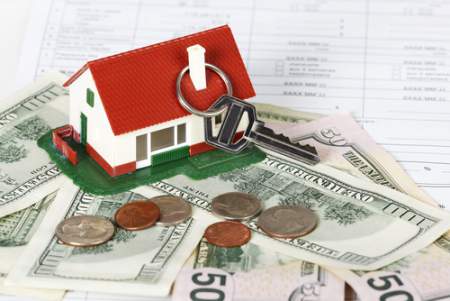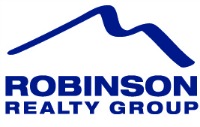You would not be alone if you were devastatingly disappointed to discover the term and meaning for Closing Costs when buying your first house. Closing costs is a term most people never hear of before they start their journey into home ownership, which is why the topic can pack such a powerful blow. Without digging too far yet into the definition of the term, the main point is that closing costs can be thousands upon thousands of dollars out-of-pocket on the day you’re meant to close on your transaction. So you’ve done well if you’ve saved up your twenty percent down payment, but go ahead and tack on another eight percent (ish) for closing costs. But why? What does it all mean? Here’s what you need to know about closing costs for buyers.
 What Closing Costs Cover
What Closing Costs Cover
Closing costs is term that encompasses all of the services provided during your real estate transaction. Everyone involved with the process of transferring ownership of the property from the seller to the buyer gets a chunk of the change, and that chunk of change is called closing costs. It’s smart and convenient because all of the service providers agree to work up front with no payment in advance. You won’t feel like you keep reaching for your checkbook every time you turn around. But, you will feel the impact on closing day when you pay those closing costs.
How to Estimate the Amount of Closing Costs
Eight percent tucked away is a safe bet to cover closing costs. Some sources suggest one to eight percent, others say two to five percent, so to play it safe and maybe set yourself up for a little bonus pocket money when it’s all said and done, aim high at eight percent to make sure all your bases are covered, stress-free. So if you’ve saved a $40,000 cash deposit with which to buy a $200,000 property, you can now tack on an additional $16,000 cash money to cover the expenses of closing costs.
 Who Pays for Closing Costs?
Who Pays for Closing Costs?
Generally speaking, the buyer assumes the responsibility for closing costs in real estate transactions. Look at it this way: it’s your house, so everything being done to your house is your responsibility. That’s best case scenario, optimal attitude, most comfortable avenue. However, that isn’t set in stone and there are options.
Also, closing costs are commonly paid by the buyer out of pocket on closing day, as has been the tradition of the industry. However, there are various loan programs and lender incentives that may offer assistance with closing costs by rolling them into the balance of the loan. Talk with your real estate agent and your lender to determine the best course of action for planning for closing costs.
Furthermore, it’s not unheard of for the buyer to negotiate the terms of closing costs in the offer they submit to purchase the house. Although the honorable mindset is to own the responsibility of the home you’re buying, the reality of the situation also suggests that you’re already shelling out pockets full of dough to make this transaction happen while the seller waits for the check. Sellers do sometimes accept the responsibility for closing costs, to be deducted from the proceeds of the sale, or to at least pay a portion of the closing costs.
What Services do Closing Costs Include?
- Loan Officer: When you apply for your home mortgage loan, you submit your application to a loan officer. The loan officer helps you understand the application process and gather the appropriate information.
- Loan Processor/Underwriter: When the loan officer deems you qualified to borrow the funds, he submits your approved application to the loan processor who puts to gather the contract and gets the ball rolling.
- The seller’s real estate agent: The seller’s agent receives a commission, from which he or she compensates the buyer’s agent.
- Appraiser: The appraiser determines fair market value of the property to satisfy the bank that the house is worth what the buyer is borrowing.
- Inspector: The inspector combs the property and structure over to verify that everything is in good, working condition.
Other services include real estate attorneys, credit report fees, title check and transfer, escrow agent, couriers, and anyone else involved with helping you buy your new home.
Your real estate agent is the best source of information about the local community and real estate topics. Give The Robinson Realty Group a call today at 423-468-1111 to learn more about local areas, discuss selling a house, or tour available homes for sale.
